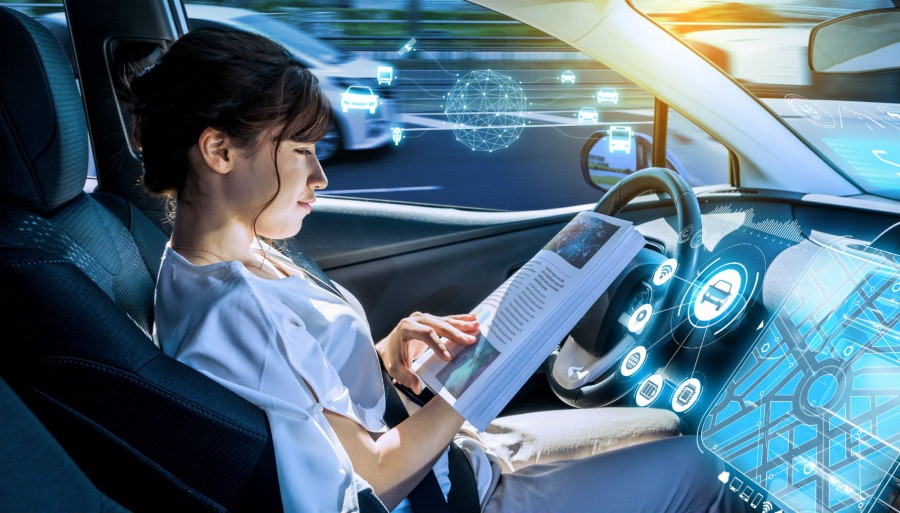UK research suggests cyber security features for driverless cars
We keep being told that we'll be living in a world of driverless cars one day, and the prospect of being able to sit back and let the vehicle do all the work is certainly alluring.
However, one thing that many people are concerned about is the cyber security aspect. How can hackers be prevented from accessing such vehicles and creating sci-fi movie-style disasters, or even from simply stealing all our details?
Well, one British university has been carefully considering this and looking into the issue as part of its research.
A team at the University of Warwick tested four groundbreaking new innovations during its Transport and Mobility Demonstrator project and has now published the results, together with some suggestions for the future creators of driverless cars.
First, it looked at group signatures, which would protect driver privacy and ensure cars could not be tracked from the individual electronic signatures they give out.
Next came authentication prioritisation. This ensures the identities of driverless car owners can be checked based on the highest needs, which might be useful in motorway situations.
Thirdly, the researchers examined decentralised public key identification (PKI), which would mean vehicles could be identified using infrastructure that sits at the side of the road.
Finally, decentralised PKI with pseudonyms was tested, which would see autonomous vehicles periodically issued with new identities to protect their privacy.
It was also recommended that more communication infrastructure should be deployed for driverless cars, and that researchers must keep testing different types of cyber attacks on such cars and their roadside infrastructure if motorists are to be protected.
Lead of the project Professor Carsten Maple said: "Cyber security is key to make sure that when the vehicles are on the roads, the data is trustworthy and that vehicle communications do not compromise privacy. Now we can focus on further testing in the real world."
In April 2019, the Association of British Insurers warned that driverless cars should have a sufficient level of security to guard against cyber attacks before they become fully autonomous.
It said this would protect them from hackers hoping to spread malware or to remotely access a vehicle's controls with malicious intentions.
